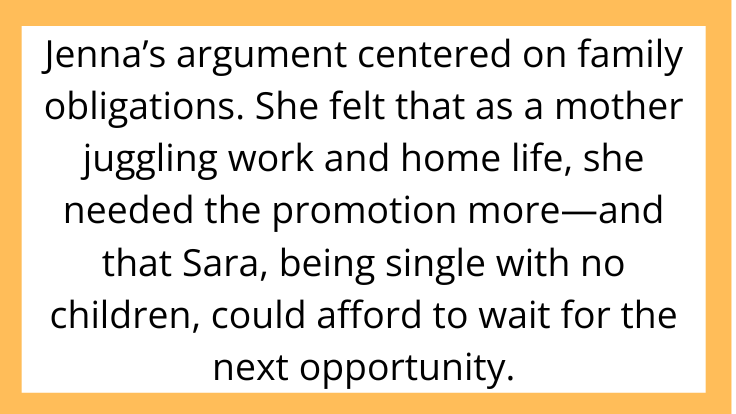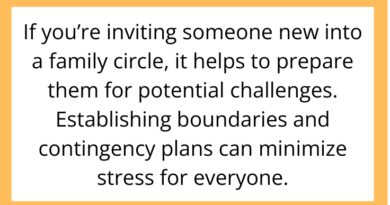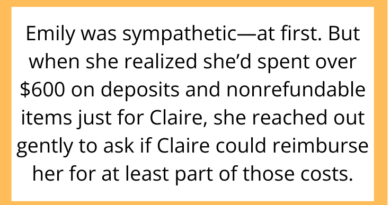AITAH for Not Giving Up My Promotion So My Coworker Could Have More Time with Her Kids?
Promotions at work are meant to reward hard work and dedication—but what happens when someone else feels more deserving because of their personal struggles? In this AITAH-inspired blog post, we dive into a workplace conflict that’s sparked an emotional debate: Should empathy override merit?
Let’s unpack this dilemma and see who, if anyone, is really in the wrong.
The Background: A Promotion with a Price

A 28-year-old woman—we’ll call her Sara—turned to the r/AITAH subreddit after accepting a major promotion at work. Sara had been with her company for five years, consistently delivering top performance and taking on leadership responsibilities even before the title came.
When the department head announced the promotion, Sara was thrilled. But the excitement didn’t last long.
Her coworker, Jenna, a 35-year-old mother of two, confronted her privately. Jenna had also been in the running for the promotion. She told Sara that while she understood the decision, she was “really hoping” to get it because she needed the raise and schedule flexibility to better care for her kids.
Then Jenna said the words that hit Sara like a punch:
“I just thought, since you don’t have a family yet, you might be willing to step aside.”
The Dilemma: Career Growth vs. Compassion
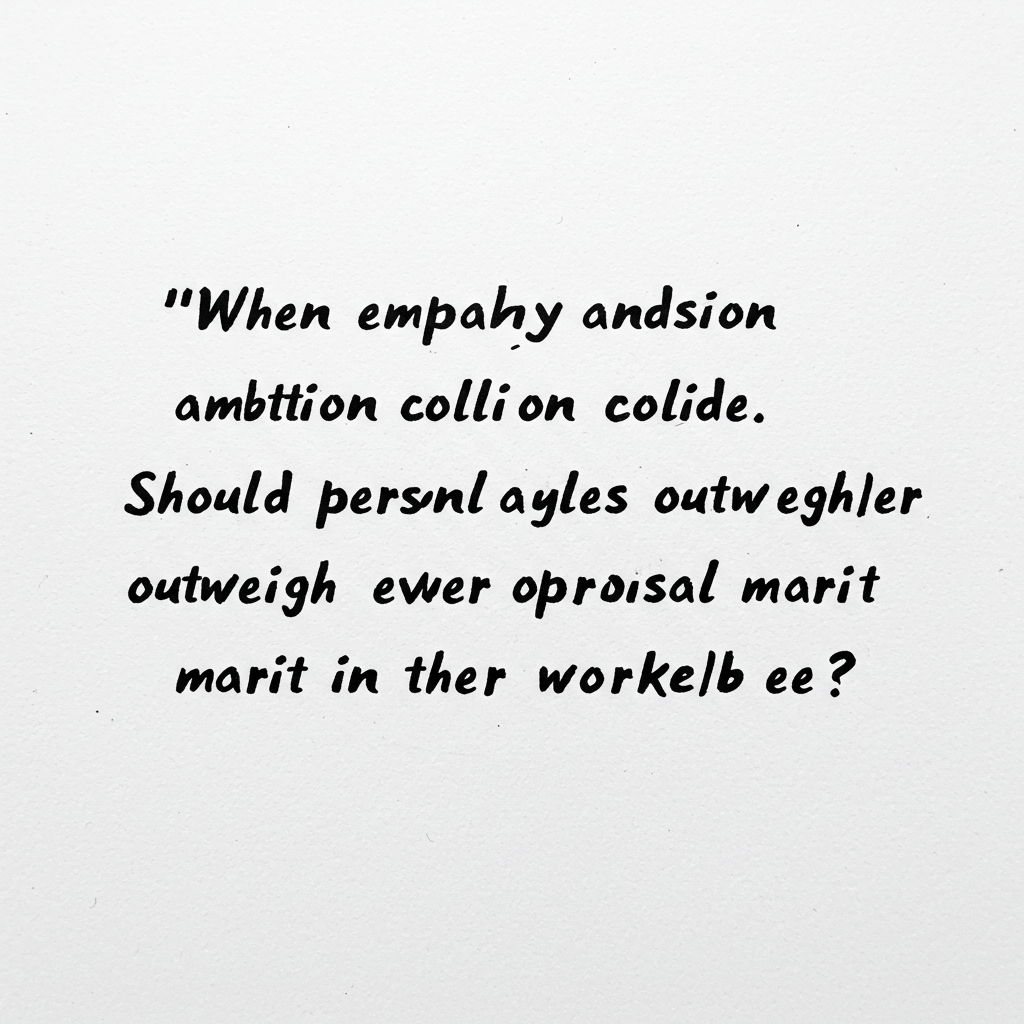
Jenna’s argument centered on family obligations. She felt that as a mother juggling work and home life, she needed the promotion more—and that Sara, being single with no children, could afford to wait for the next opportunity.
Sara was shocked. She had never seen the promotion as a competition of personal circumstances. For her, it was about performance, experience, and readiness.
Feeling both guilty and frustrated, she asked Reddit: AITAH for not stepping aside so my coworker could have more time with her kids?
Sara’s Side: Promotions Are Earned, Not Given
From Sara’s perspective, the idea of giving up a hard-earned promotion simply because she didn’t have children felt deeply unfair. She had put in the hours, took on extra projects, and worked weekends. Why should she be penalized for being single?
Her response wasn’t coming from a place of coldness—it was about principle. Shouldn’t promotions be based on qualifications and not personal life situations?
And more importantly: where does it stop? Would she be expected to keep putting herself second because others had more “urgent” needs?
Jenna’s Side: A Cry for Support, Not Entitlement
To Jenna, the promotion represented more than a job title—it was a lifeline. Between daycare costs, school runs, and rising bills, she was struggling. She didn’t want a handout; she wanted her company to recognize that parents face unique challenges that deserve consideration.
Her ask may have been emotionally charged, but it came from a place of desperation, not malice. In her eyes, Sara was young, without family responsibilities, and would “bounce back” quickly even if passed over this time.
Jenna didn’t expect the world to revolve around her—but she did hope for a little solidarity.
Reddit Weighs In: Who’s the Real Villain Here?

The majority of Reddit commenters rallied behind Sara.
“Being child-free doesn’t make you less deserving of success,” one top-voted comment read.
“You didn’t take anything from Jenna. You earned it.”
Another user added, “This isn’t about parenting—it’s about professionalism. The workplace shouldn’t run on guilt trips.”
However, a minority of voices acknowledged the emotional complexity.
“Jenna’s wrong to ask this of you,” one user said, “but I don’t think she’s a villain. She’s a struggling mom in a system that doesn’t support her.”
The Bigger Picture: Working Women, Motherhood, and the Myth of Sacrifice

This scenario hits on broader societal tensions: the expectations placed on working women, especially mothers, and the assumption that single or child-free women should constantly sacrifice to accommodate them.
Women—regardless of family status—are often asked to justify their ambition in ways men never are. Sara’s experience is a powerful reminder that being considerate doesn’t mean being self-sacrificing.
There’s also a failure of workplace culture here. Instead of pitting employees against each other, companies should build systems that support all employees—parents, singles, caretakers, and everyone in between.
What Could Have Been Done Differently?
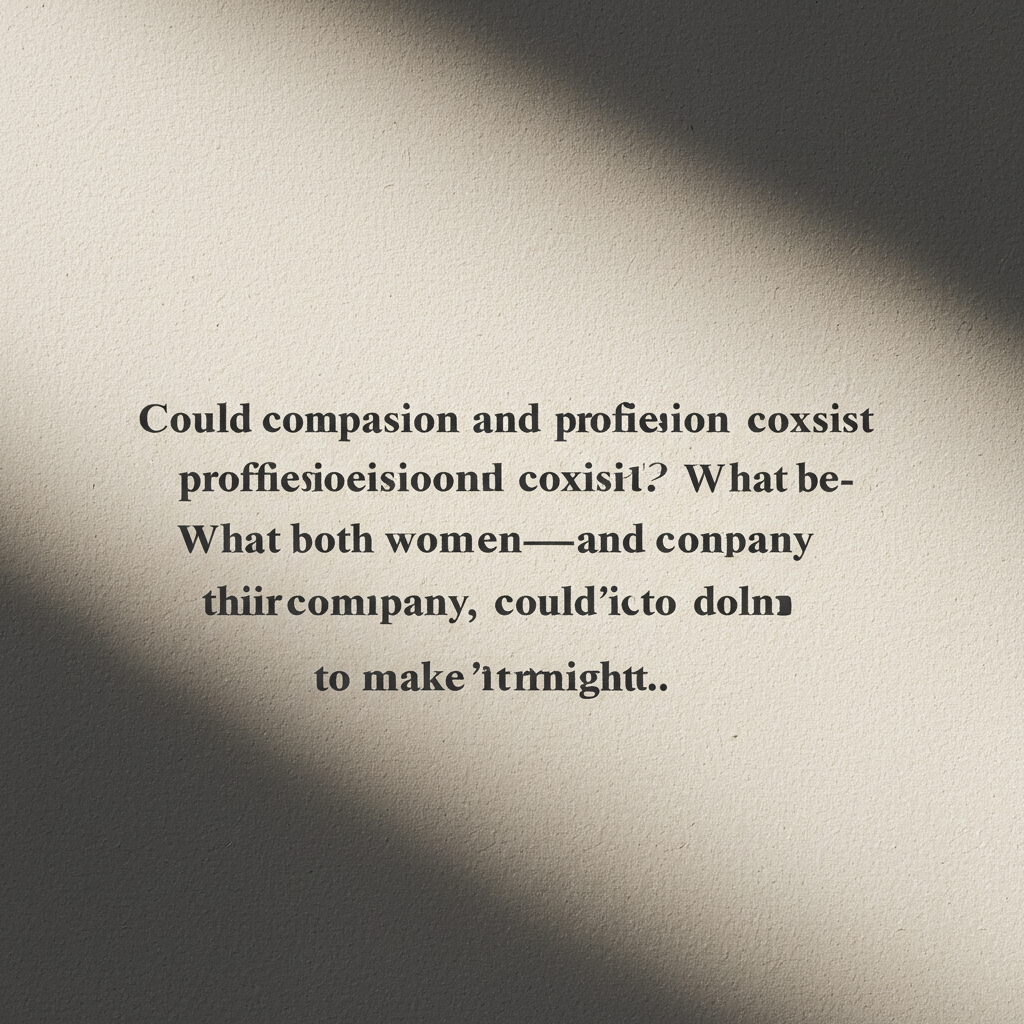
For Sara:
-
She could acknowledge Jenna’s struggle while holding firm on her decision.
-
Offer mentorship or advocacy to help Jenna find growth opportunities within the company.
For Jenna:
-
Rather than asking Sara to step down, she could request alternative support from management—flex hours, better pay, or development resources.
-
Recognize that others’ success isn’t her loss.
The Verdict: Not the Villain—Just a Woman Claiming Her Worth

Sara isn’t the villain here. She’s a professional who earned a promotion and refused to be guilted into giving it up. That doesn’t make her heartless—it makes her self-respecting.
And Jenna? She’s not evil either. Just overwhelmed and let down by a workplace and society that make mothers feel like they’re always losing ground.
There are no easy answers—but one truth remains: we need to stop asking women to shrink themselves so others can stretch.
